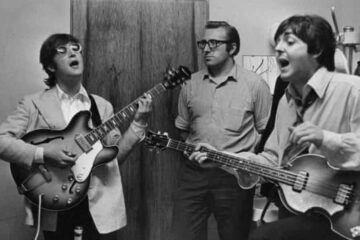In 1971, when The Rolling Stones were looking to record new material for their tenth record, the band found themselves out of the money-grabbing paws of the UK government and living in the South of France. This famed period of tax exile was noted for the band’s 1972 album Exile On Main St. — a record that is widely considered one of the band’s greatest, if not the greatest. The unrefined rhythm and blues compositions were given vigour and life thanks to the unorthodox recording setup in Keith Richards’ residence on the Côte d’Azur.
Despite fans associating the Stones’ exile period with their 1972 masterpiece, they actually remained in exile for several years thereafter. When it came to recording the material for the 1973 follow-up album, once again, the Stones opted to record mainly in studios outside the UK. Much of the material was recorded in Jamaica, an island far away from it all, with warm, sunny weather and gentler taxing infrastructure.
In an interview with Rolling Stone, Richards was asked about Goat Heads Soup. “Oh, yeah,” he started. “It’s weird, when you listen to something you haven’t really heard in its entirety for a long time. It’s a very interesting album. I remember, of course, cutting in Jamaica, and that made it very memorable, especially in that year, because that was ’73, that was the year Marley and the Wailers put out Catch a Fire“.
Richards continued: “That’s also the year the soundtrack of The Harder they Come came out. I remember being in Jamaica. There was a feeling in the air, actually, that Jamaica was starting to make a mark on the map. It was a great feeling.”




